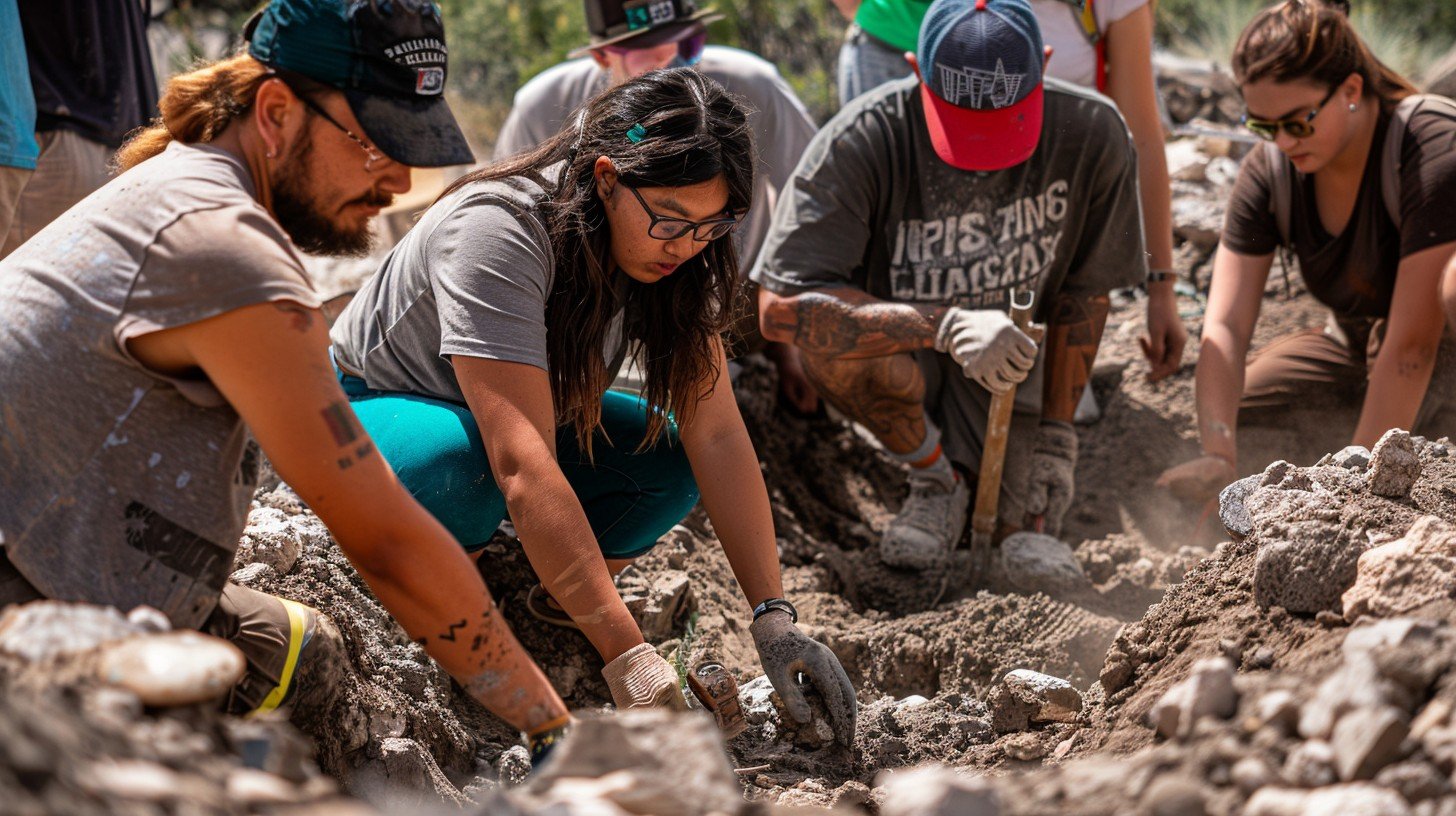An Impressive Guide on Exploring Their Role in Ecosystems in 2024
Introduction
Ecosystems are the natural homes for plants, animals, and microorganisms. Every living thing in an ecosystem plays an important role. These roles help keep the ecosystem balanced and healthy. In 2024, understanding the roles of different organisms in ecosystems is more important than ever. Our planet faces many environmental challenges, and ecosystems are key to solving them.
This guide will explore the important roles of different organisms in ecosystems, their impact, and why we must protect them.
What is an Ecosystem?
An ecosystem is a community where living things like plants, animals, and microorganisms interact with non-living things like water, soil, and sunlight. Ecosystems can be as large as forests and oceans or as small as a pond or a backyard garden. The balance within these ecosystems is delicate, meaning each organism’s role is vital for everything to work properly

The Role of Producers in Ecosystems
Producers are usually plants and algae. They are the starting point of all ecosystems because they produce food through photosynthesis. Photosynthesis is the process of using sunlight to make energy. This energy is then passed on to other organisms in the ecosystem, starting the food chain.
Examples of producers:
Trees
Grass
Seaweed
Phytoplankton
Producers are crucial because they provide food and oxygen, both of which are needed for life.
The Role of Consumers in Ecosystems
Consumers are organisms that eat other living things for energy. They can be classified into three main types:
Herbivores – These animals eat plants. Examples include deer, rabbits, and cows.
Carnivores – These animals eat other animals. Examples are lions, eagles, and sharks.
Omnivores – These animals eat both plants and animals. Examples include humans, bears, and pigs.
Each consumer plays a specific role in maintaining the balance of the ecosystem. For example, herbivores help control plant populations, while carnivores prevent herbivores from overgrazing the vegetation.
The Role of Decomposers in Ecosystems
Decomposers are organisms like fungi, bacteria, and worms. They break down dead plants and animals, returning important nutrients to the soil. These nutrients are used by plants to grow, completing the cycle of life.
Without decomposers, ecosystems would be filled with dead matter, and the soil would lose its fertility. Decomposers are nature’s recyclers, keeping the environment clean and nutrient-rich.
How Climate Change Affects Ecosystems
In 2024, climate change is one of the biggest threats to ecosystems. Rising temperatures, changing rainfall patterns, and pollution are disrupting the roles of producers, consumers, and decomposers. For example:
Plants may not grow well if there’s too much heat or too little water.
Animals may have difficulty finding food or may migrate to other areas, disrupting the food chain.
Decomposers may be affected by changes in soil temperature and moisture, slowing down nutrient recycling.
As ecosystems become unbalanced, biodiversity (the variety of life) decreases. This loss can have serious consequences for the health of the planet and for humans.
The Importance of Protecting Ecosystems
Protecting ecosystems is essential for our survival. They provide us with food, clean water, and air. They also help regulate the climate and support biodiversity. In 2024, many efforts are being made to protect ecosystems, including:
Planting more trees and restoring forests.
Reducing pollution and waste.
Protecting endangered species.
Supporting sustainable farming and fishing practices.
The Future of Ecosystems
The future of ecosystems depends on the actions we take today. With continued efforts to reduce our environmental impact and restore damaged areas, we can help ecosystems thrive once again. The choices we make, from the products we buy to the energy we use, all have an effect on the natural world.
In 2024 and beyond, we must continue to focus on sustainable practices and policies that protect our ecosystems. The survival of countless species, including humans, relies on maintaining the balance and health of these natural systems
Relevant Post: How to Care for Plectranthus Lemon Lime Plant: Easy Guide
Other Relevant: Tree Conservation and Native Planting
Conclusion
Ecosystems are incredibly important for the balance of life on Earth. Every organism, from the tiniest bacteria to the largest tree, plays a crucial role in keeping ecosystems healthy. In 2024, as we face environmental challenges like climate change, it is important to understand and protect the role of all living things in ecosystems.




